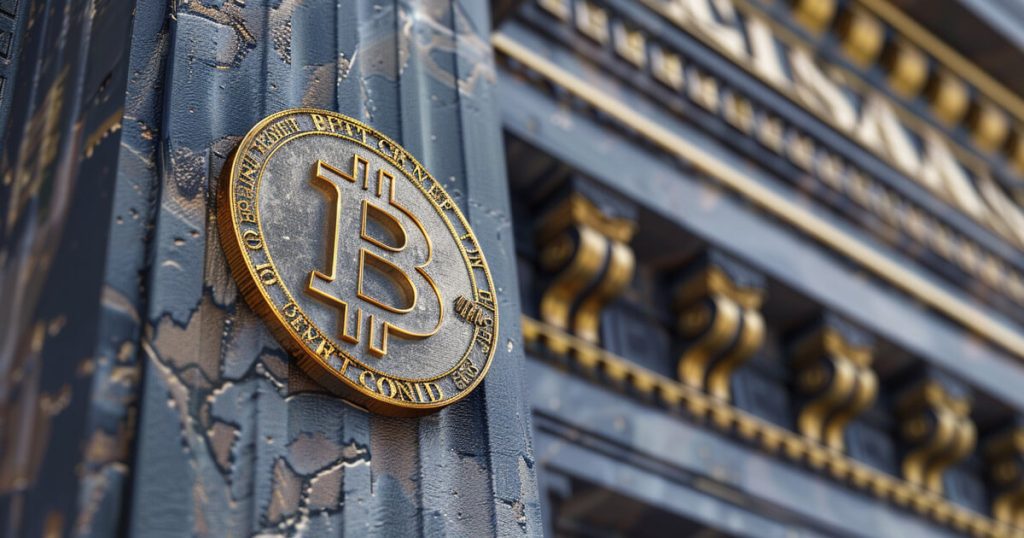In a speech in St. Louis on January 10, Interim Chairman of the Federal Deposit Insurance Corporation (FDIC) Travis Hill acknowledged the agency’s role in “debanking” crypto companies.
Hill pointed to cases in which crypto-related companies have lost access to banking services without explanation, and described them as politically unfavorable industries or individuals associated with controversial religions or political affiliations. , historically lined up bank accounts with decommissioned groups.
He called these efforts “unacceptable” and inconsistent with the FDIC’s mission to reduce the number of unbanked Americans. Hill added:
“The FDIC’s long-standing goal is to reduce the number of unbanked people. Efforts to strip bank accounts from law-abiding customers are unacceptable.”
Hill’s comments brought new clarity to President Joe Biden’s administration’s alleged efforts to stymie the growth of the U.S. cryptocurrency industry, which critics have dubbed “Operation Chokepoint 2.0.” .
He also urged regulators to end the practice of bank account cancellations, stressing that the FDIC must ensure that its staff do not engage in tactics that pressure banks to alienate law-abiding customers.
Coin Metrics co-founder Nick Carter said Hill’s admission was a “massive change in authority”. He added that he expects the situation to be “very different” on January 20, when President-elect Donald Trump takes office.
No more pause characters
The interim chairman also criticized the FDIC’s current approach to cryptocurrencies as overly cautious and stifling innovation.
He highlighted that it has been revealed that the FDIC has sent “cease and desist” letters to more than 20 banks instructing them to cease their crypto-related activities. These actions, he said, reinforced the perception that the FDIC was hostile to blockchain and distributed ledger technology.
Recently, Paul Grewal, Coinbase’s chief legal officer, shared part of the suspension letter. reveal The FDIC said it has asked banks to stop or avoid offering crypto-related services or simple products such as purchasing Bitcoin (BTC).
Hill called for a reset of government agencies’ digital asset strategies, advocating for clear and transparent guidance on legally permissible activities and how to conduct them safely.
He pointed out:
“A better approach would have been to outline expectations on the front end based on public feedback, rather than implementing it in stages.”
Hill also discussed the broader impact of regulatory oversight on crypto-related activities such as staking and lending. He acknowledged that the FDIC’s cautious stance is hindering innovation and called on the regulator to grant timely approvals for activities that meet safety and soundness standards.
The Interim Chair linked the issue of debanking to broader compliance challenges under the Bank Secrecy Act (BSA). He argued that banks often choose to close accounts to avoid potential penalties for non-compliance, further exacerbating the demonetisation problem.
Mr Hill called for a reassessment of the BSA regime to ensure its implementation does not inadvertently harm law-abiding customers.
His remarks were made ahead of a leadership change at the FDIC that begins on January 20th. Mr Hill emphasized the need for a balanced approach to banking supervision, particularly with regard to the adoption of innovation and technology.
Mr. Hill also suggested that the FDIC modernize its policies to keep pace with the evolving financial landscape while maintaining principles of safety and soundness.
The interim chair expressed optimism that the FDIC could achieve a better balance in the coming months. One way to do this is to reinvigorate FDiTech, the agency’s innovation lab, and strengthen collaboration between regulators and the fintech industry.
mentioned in this article
